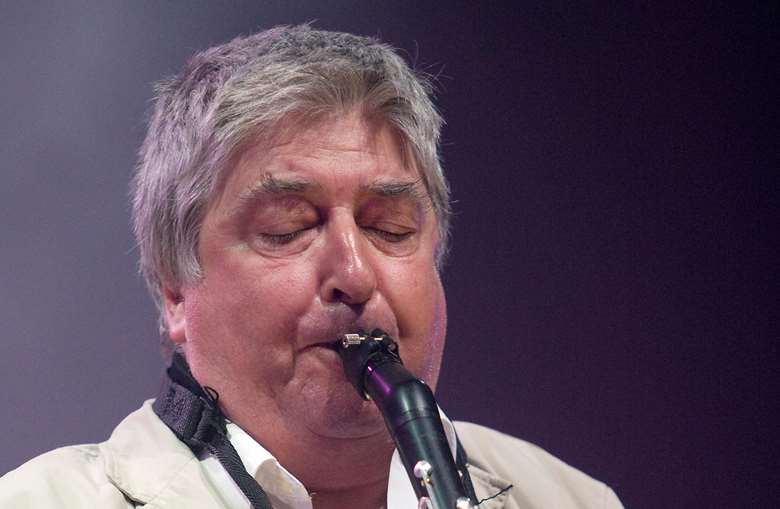Tony Coe: 29 November 1934 – 16 March 2023
Alyn Shipton
Friday, March 17, 2023
Alyn Shipton remembers the internationally renowned British virtuoso multi-reedist who has died aged 88

When Tony Coe joined the Humphrey Lyttelton band in May 1957, aged just 22, he had already created a stir in the jazz world, having been in Joe Daniels’ band since his late teens (with a break for National Service). But although his early work had mainly been on his first instrument, the clarinet, his principal role in Humph’s famous 8-piece band was to replace Bruce Turner as the alto saxophonist, and this forged his national and international reputation. “Within a few months of his joining,” said Humph, “Tony Coe was regularly stopping the show with assured and wildly extrovert alto solos.” Even after he left Lyttelton in 1961, he often returned, notably in Humph’s occasional big band. And he followed that with just over a year with John Dankworth.
By this point, Tony was focusing more on tenor and clarinet, both of which became his featured instruments in the Kenny Clarke-Francy Boland Big Band from 1968-72. The musicians with whom he worked from the 1970s onwards are a roll call of great names, in a variety of styles. He formed a close association with the classical clarinetist Alan Hacker (from whom he got his 19th century boxwood C-clarinet with its distinctive ‘woody’ tone), and in the same period he fronted a small group with Kenny Wheeler, played with Stan Tracey, and made occasional forays into the avant-garde world of Derek Bailey. Yet he never lost his affinity for older styles, and I recall accompanying him with Sammy Rimington at the 1978 Faversham Festival, for a two-clarinet romp through the New Orleans repertoire.
Tony’s sheer versatility kept him in demand, and every time we met subsequently, there was a new project or a new enthusiasm. As well as solo work with everyone from Mike Gibbs to Neil Ardley, he played on film soundtracks and stage shows (although his contribution to the Pink Panther franchise is slightly overstated in some accounts – the original theme featured Plas Johnson). Later career highlights include his marvelous Canterbury Song album from 1989 with Horace Parlan and a team of US heavyweights, his 1995 Jazzpar Prize success, and five years in Malcolm Creese’s trio Acoustic Triangle (with pianist John Horler) from 1995-2000.
With both Horler and Brian Lemon, Coe found perfect accompanists, and his recorded work with both is exceptional, giving his serpentine tenor and elegant clarinet the perfect setting. He also loved the soprano saxophone and I shall never forget the looks of astonishment in the Lincoln Center Jazz Orchestra when he subbed for an absent member of the band at the Barbican, drawing acclaim from onstage musicians and audience alike. Recent collaborations with Alan Barnes took him to new audiences round the country, where listeners could hear for themselves his unparalleled and irreplaceable musical talent.